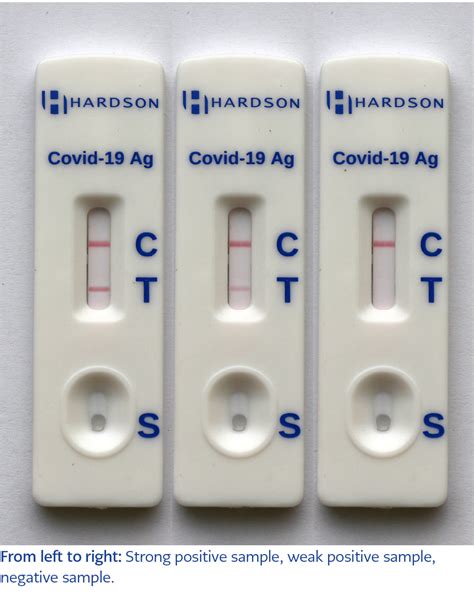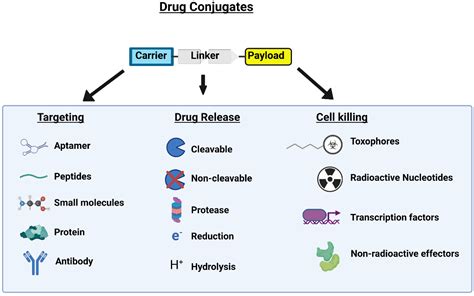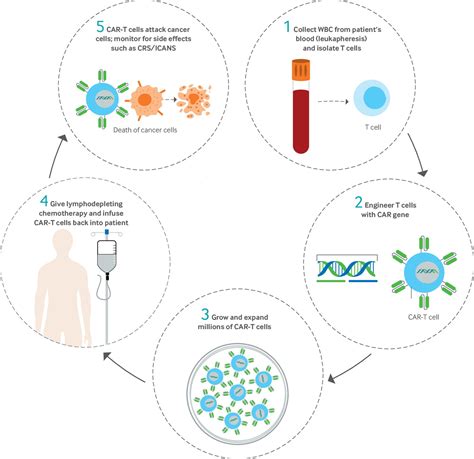Intro
The COVID-19 pandemic has brought about a significant shift in the way we approach healthcare, with a growing emphasis on rapid and accurate testing. Among the various types of tests developed to diagnose COVID-19, antigen tests have emerged as a crucial tool in the fight against the virus. These tests have been widely used due to their speed, simplicity, and relatively low cost compared to other diagnostic methods. Understanding the role and functioning of antigen COVID tests is essential for both healthcare professionals and the general public, as it can significantly impact how we manage and mitigate the spread of the virus.
The importance of antigen tests lies in their ability to detect specific proteins (antigens) on the surface of the SARS-CoV-2 virus, which causes COVID-19. This is different from PCR (Polymerase Chain Reaction) tests, which detect the genetic material of the virus. Antigen tests are designed to provide rapid results, often within 15-30 minutes, making them invaluable for quick decision-making in clinical settings, public health initiatives, and even personal use. The rapid turnaround time of antigen tests allows for the swift identification of infected individuals, enabling timely isolation and treatment, thereby reducing the risk of transmission to others.
As the world continues to navigate the challenges posed by COVID-19, the development and refinement of antigen tests have played a pivotal role in global health strategies. These tests have been utilized in various settings, from hospitals and clinics to community testing centers and even for self-testing at home. The widespread adoption of antigen tests underscores their potential as a frontline diagnostic tool, capable of providing critical information that informs both individual and public health decisions. However, it is also important to consider the limitations and potential drawbacks of antigen tests, including their generally lower sensitivity compared to PCR tests, which can lead to false-negative results, particularly in individuals with low viral loads.
How Antigen Tests Work

Antigen tests work by detecting specific proteins on the surface of the SARS-CoV-2 virus. These tests typically involve a sample collection step, where a swab is taken from the nasal cavity or, less commonly, from the throat. The sample is then treated with a buffer solution that releases the viral antigens, if present. The next step involves adding the treated sample to a test strip or device that contains antibodies specific to the SARS-CoV-2 antigens. If the antigens are present in the sample, they bind to the antibodies, leading to a visible reaction, usually in the form of a line or a color change on the test strip, indicating a positive result.
Key Components of Antigen Tests
The effectiveness of an antigen test depends on several key components: - **Sample Collection**: The quality of the sample can significantly affect the test's accuracy. Proper technique and the right type of swab are crucial. - **Antibody Specificity**: The antibodies used in the test must be highly specific to the SARS-CoV-2 antigens to minimize false positives. - **Sensitivity and Specificity**: While antigen tests are generally less sensitive than PCR tests, high-quality antigen tests aim to balance sensitivity (detecting true positives) and specificity (avoiding false positives).Benefits of Antigen Tests

The benefits of antigen tests are multifaceted, contributing to their widespread adoption:
- Rapid Results: Providing results within minutes, antigen tests enable quick decision-making.
- Ease of Use: Many antigen tests are designed for self-testing or can be performed by healthcare professionals with minimal training.
- Cost-Effectiveness: Compared to PCR tests, antigen tests are generally less expensive, making them more accessible for widespread use.
- Accessibility: Antigen tests can be used in various settings, from clinical to home environments, increasing access to COVID-19 testing.
Challenges and Limitations
Despite their benefits, antigen tests also have challenges and limitations: - **Sensitivity**: Antigen tests are less sensitive than PCR tests, which can lead to false-negative results, particularly in early infection stages or in individuals with mild symptoms. - **Interpretation of Results**: Understanding the implications of test results, especially false negatives, is crucial for effective public health strategies. - **Quality Control**: Variability in test quality can affect performance, highlighting the need for rigorous regulatory oversight and quality assurance.Applications of Antigen Tests

Antigen tests have found applications in various sectors due to their rapidity and convenience:
- Clinical Settings: For diagnosing COVID-19 in patients presenting with symptoms.
- Public Health: In mass testing initiatives to identify and isolate infected individuals quickly.
- Travel and Education: As a tool for screening in airports, schools, and other settings where gatherings occur.
- Home Testing: For personal use, allowing individuals to test themselves in the comfort of their own homes.
Future Developments
The future of antigen testing looks promising, with ongoing research and development aimed at improving test sensitivity, specificity, and usability. Innovations such as multiplex tests that can detect multiple pathogens, including SARS-CoV-2 and other respiratory viruses, are on the horizon. Additionally, advancements in technology, such as the integration of antigen tests with digital health platforms, could further enhance their utility and accessibility.Global Response and Policy

The global response to antigen tests has been shaped by their potential to combat the pandemic. Regulatory bodies, such as the FDA in the United States and the European Medicines Agency in Europe, have played a critical role in approving and monitoring the use of antigen tests. Public health policies, including recommendations for testing protocols and interpretation of results, have been developed to guide the use of antigen tests in various settings.
International Cooperation
International cooperation has been essential in the development, distribution, and regulation of antigen tests. Global health organizations, such as the World Health Organization (WHO), have provided guidance and support for countries to implement effective testing strategies. This cooperation is crucial for ensuring that antigen tests are used effectively and safely worldwide.Conclusion and Next Steps

As we move forward in the fight against COVID-19, antigen tests will continue to play a vital role. Understanding their benefits, limitations, and proper use is essential for maximizing their potential. By continuing to innovate and improve antigen test technology, we can enhance our ability to detect, prevent, and manage COVID-19 cases, ultimately contributing to global health security.
What is an antigen test?
+An antigen test is a diagnostic test that detects specific proteins (antigens) on the surface of the SARS-CoV-2 virus, which causes COVID-19.
How accurate are antigen tests?
+Antigen tests are generally less sensitive than PCR tests but are designed to provide rapid results. Their accuracy can vary depending on the quality of the test and the sample collection.
Can I use an antigen test at home?
+Yes, many antigen tests are designed for self-testing at home. However, it's essential to follow the instructions carefully and understand the implications of the test results.
We invite you to share your thoughts and experiences with antigen tests. How have these tests impacted your approach to managing COVID-19? What do you think are the most significant benefits and challenges associated with their use? Your insights can help inform others and contribute to a better understanding of the role of antigen tests in the global response to the pandemic.
